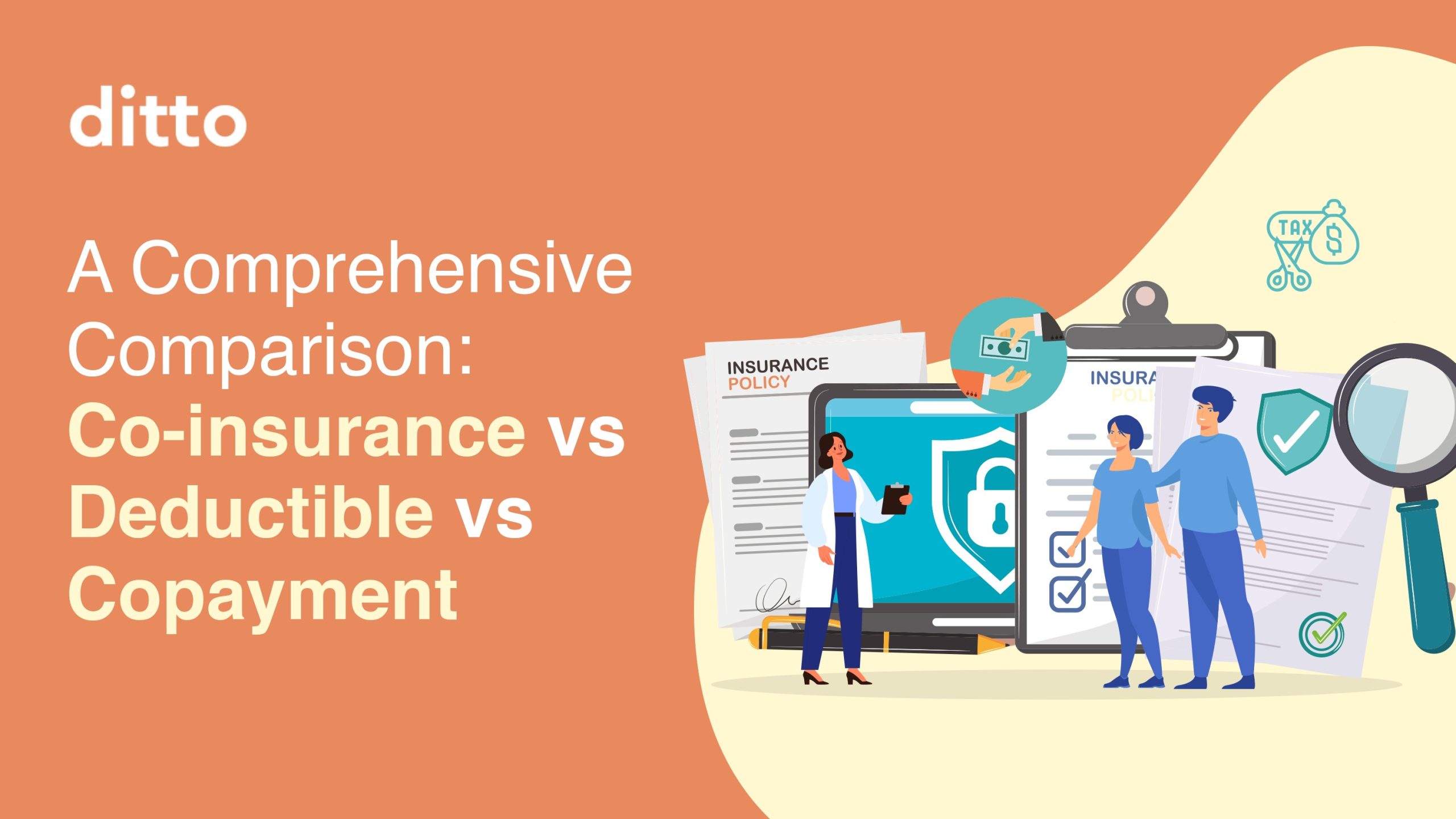When we envision retirement planning, our minds typically gravitate towards investment portfolios, savings accounts, and calculating future income streams. We diligently focus on accumulating wealth, aiming for that elusive number that promises financial independence in our golden years. However, a truly robust and resilient retirement plan extends far beyond mere accumulation. It fundamentally incorporates a strategic approach to risk management, and in this critical aspect, **insurance plays an indispensable role**. Far from being an optional extra, various forms of insurance act as vital safeguards, protecting your carefully accumulated nest egg from unforeseen life events that could otherwise derail decades of diligent saving. Without this protective layer, even the most meticulously planned retirement can be vulnerable to significant financial shocks.
### Protecting Your Income Stream in the Golden Years
One of the most immediate and tangible ways insurance fortifies a retirement plan is by **protecting the income stream you’ve worked so hard to build and preserve**. While many individuals might consider disability insurance during their working years, its relevance doesn’t magically disappear upon retirement. A significant portion of a retiree’s income might come from pensions, annuities, or investment withdrawals. What happens if a health event or injury prevents a spouse’s income (if they are still working) or creates unforeseen expenses that deplete retirement funds faster than anticipated?
This is where various forms of insurance provide crucial buffers. While traditional disability insurance typically ceases at retirement, other policies step in. Consider the scenario of a debilitating illness or accident in early retirement that necessitates extensive, long-term care. Without appropriate coverage, the financial burden could swiftly erode savings meant to last for decades, forcing difficult decisions about lifestyle adjustments or even leaving a surviving spouse in financial distress. Insurance in this context becomes a shield, ensuring that the income streams designated for comfortable living aren’t diverted to cover catastrophic and unexpected costs.
—
### Mitigating Healthcare Cost Surprises
Perhaps the most significant financial wild card in retirement planning is the escalating cost of healthcare. While Medicare provides essential coverage for those over 65, it doesn’t cover everything. Deductibles, co-pays, and services like long-term care remain substantial out-of-pocket expenses that can quickly deplete even a robust retirement fund. This is where **supplemental health insurance**, often in the form of Medicare Advantage plans or Medigap policies, becomes a non-negotiable component of a secure retirement.
These policies help cover the gaps in Medicare coverage, reducing your exposure to high medical bills for hospital stays, doctor visits, and prescription drugs. Beyond general health costs, the specter of **long-term care needs** looms large. As individuals age, the likelihood of requiring assistance with daily activities increases dramatically. The costs of nursing homes, assisted living facilities, or even in-home care can be astronomical, easily running into hundreds of thousands of dollars annually. Without **long-term care insurance**, a prolonged need for such services can decimate an inheritance, force the sale of a family home, and leave a surviving spouse or children facing severe financial burdens. Integrating this insurance into a retirement plan is a proactive step to ensure that healthcare events don’t become financial catastrophes, preserving your assets for their intended purpose.
—
### Protecting Your Legacy and Your Loved Ones
Beyond personal financial solvency, insurance plays a vital role in a retirement plan by **protecting your legacy and providing for your loved ones**. Many individuals meticulously save throughout their lives with the intention of leaving an inheritance, covering final expenses, or simply ensuring their surviving spouse is financially secure. Unforeseen circumstances, however, can jeopardize these aspirations.
**Life insurance**, particularly permanent life insurance policies like whole life or universal life, can serve multiple purposes within a retirement strategy. While term life insurance primarily covers working years, permanent policies can provide a tax-free death benefit to beneficiaries, ensuring funds are available to cover final expenses, pay off outstanding debts (like a mortgage that extends into retirement), or provide an immediate inheritance without going through probate. Some permanent policies also accumulate cash value over time, which can potentially be accessed through loans or withdrawals in later life, offering an additional, tax-advantaged source of funds for emergencies or supplemental income, though this comes with higher premiums and complexities that require careful consideration.
—
### Safeguarding Against Unexpected Liabilities and Financial Shocks
A comprehensive retirement plan also considers protection against unexpected liabilities that could arise in later life. While standard homeowner’s and auto insurance policies provide initial liability coverage, individuals with significant accumulated wealth often benefit from an **umbrella insurance policy**. This coverage provides an additional layer of liability protection that kicks in when the limits of underlying policies are exhausted.
For a retiree who has amassed substantial assets, a personal liability lawsuit resulting from an accident on their property or a car accident could swiftly erode their retirement savings and even future income streams. An umbrella policy, often surprisingly affordable for the amount of coverage it provides, acts as a crucial shield, safeguarding your hard-earned assets from catastrophic legal claims. It ensures that your carefully built financial fortress is protected not just from health-related expenses, but also from the unforeseen legal vulnerabilities that can arise even in retirement.
In essence, insurance is not merely an expense to be minimized in retirement planning; it is a strategic allocation of resources designed to protect and preserve your wealth. By thoughtfully incorporating appropriate life, health (including supplemental and long-term care), and liability insurance into your retirement blueprint, you create a robust, resilient plan capable of withstanding life’s inevitable curveballs. This holistic approach ensures that your golden years are characterized by financial security and peace of mind, allowing you to enjoy the fruits of your labor without the constant worry of unforeseen financial devastation.





